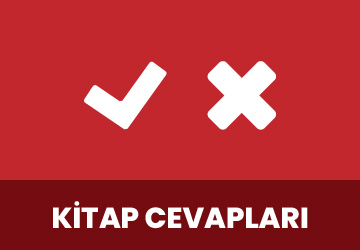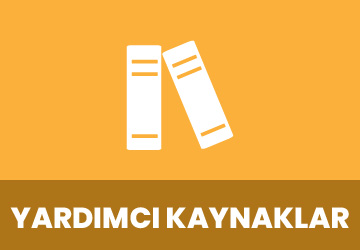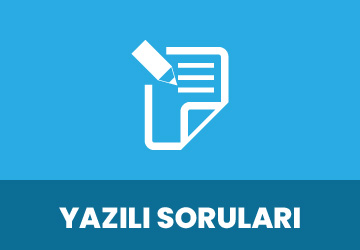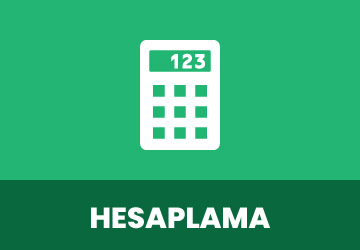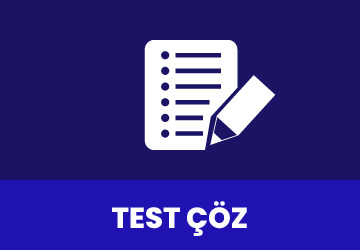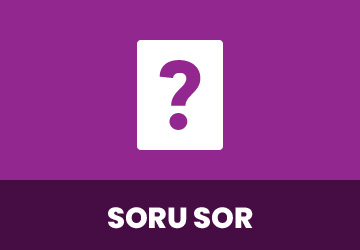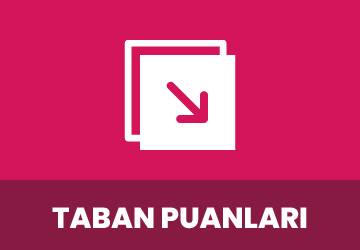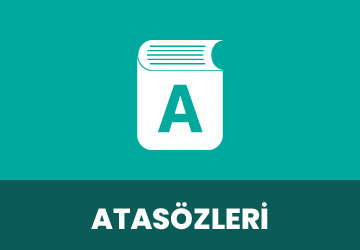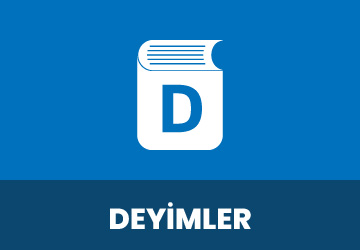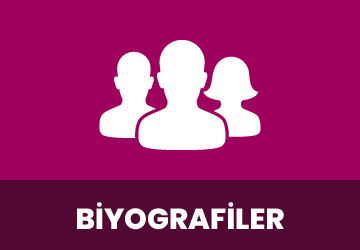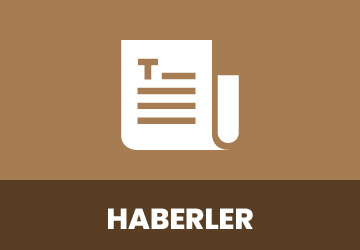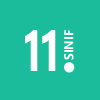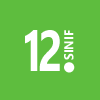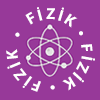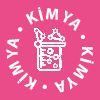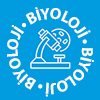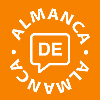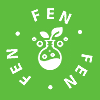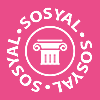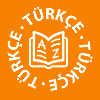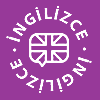
İngilizce Meb Yayınları Yes You Can B1.2 Ders Kitabı Sayfa 114 Cevabı
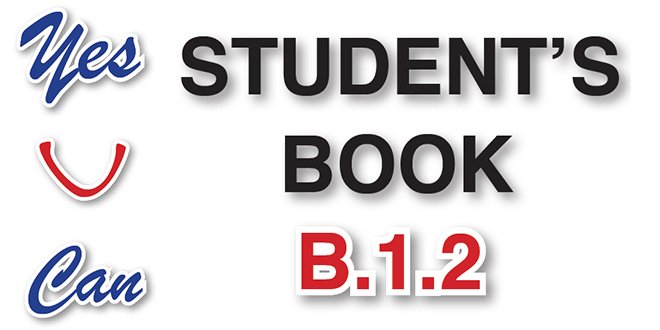

İngilizce Meb Yayınları Yes You Can B1.2 Ders Kitabı Sayfa 114 Cevabı
2017 – 2018 Eğitim Öğretim dönemiyle beraber pek çok ders ve çalışma kitabı değişti. Değişen ders kitaplarından biri de “İngilizce Meb Yayınları Yes You Can B1.2 Ders Kitabı Cevapları” oldu. Kitabı incelediğimizde ise Cansu ÇAĞLAR, Esra Emel, HOYRAZ Havva ARSLAN tarafından 121 sayfa olarak kaleme alındığını görüyoruz. Kitapta görseller ön plana çıkarılmış ve görsel tasarım ise Beyza DİRİK tarafından yapılmış.
“İngilizce Meb Yayınları Yes You Can B1.2 Student’s Book Sayfa 114 Cevapları“nda önce sorular yazıldı daha sonra cevaplar verildi.
SORULAR
I was stili working in Brighton, I would go to work by train.
If they were thinking of selling their car, I would want to buy it.
If I had the chance to do it again, I would do it differently.
If we met up for lunch, we could go to that new restaurant.
If I spoke to him directly I might be able to persuade him.
Note: After l/he/ she / it we often use the subjunctive form ‘were’ (not ‘was’) Ifshe were happyin herjob, she wouldn’t be looking foranotherone.
If she were coming, she would be here by now.
Note: The form ‘If I were you’ which is often used to give advice.
Ifl were you, l’d lookfora newplace to live.
Ifl were you, l’d go back to school and get more qualifications.
The Second Conditional is also used to talk about ‘unlikely’ situations.
Ifl wentto China, l’d visitthe Great Wall.
Ifl was the President, l’d reduce taxes.
Ifyou were in myposition, you’d understand.
♦ INTENSIFIERS
We use words like very; really and extremely to make adjectives stronger:
It’s a very interesting story It’s a really interesting story.
Everyone was extremely excited.
We call these words intensifiers. Other intensifiers are: amazingly – exceptionally – incredibly – remarkably – particularly
We also use enough as an intensifier, but enough comes after its adjective:
If you are seventeen, you are old enough to drive a car. I can’twearthose shoes. They’re notbig enough.
İntensifiers with strong adjectives:
With strong adjectives, for intensifiers we normally use: absolutely – exceptionally – particularly – really – quite
The kim was absolutely awful.
He was an exceptionally brilliant child.
The food smelled really disgusting.
♦ TAG ÛUESTIONS
Question tags are short questions at the end of statements. They are mainly used in speech when we want to:
* confirm that something is true or not, or
• to encourage a reply from the person we are speaking to.
Ouestion tags are formed with the auxiliary or modal verb from the statement and the appropriate subject.
A positive statement is followed by a negative question tag.
Jack is from Spain, isn’t he?
Mary can speak English, can’t she?
A negative statement is followed by a positive question tag.
İngilizce Meb Yayınları Yes You Can B1.2 Ders Kitabı Sayfa 114 Cevabı

